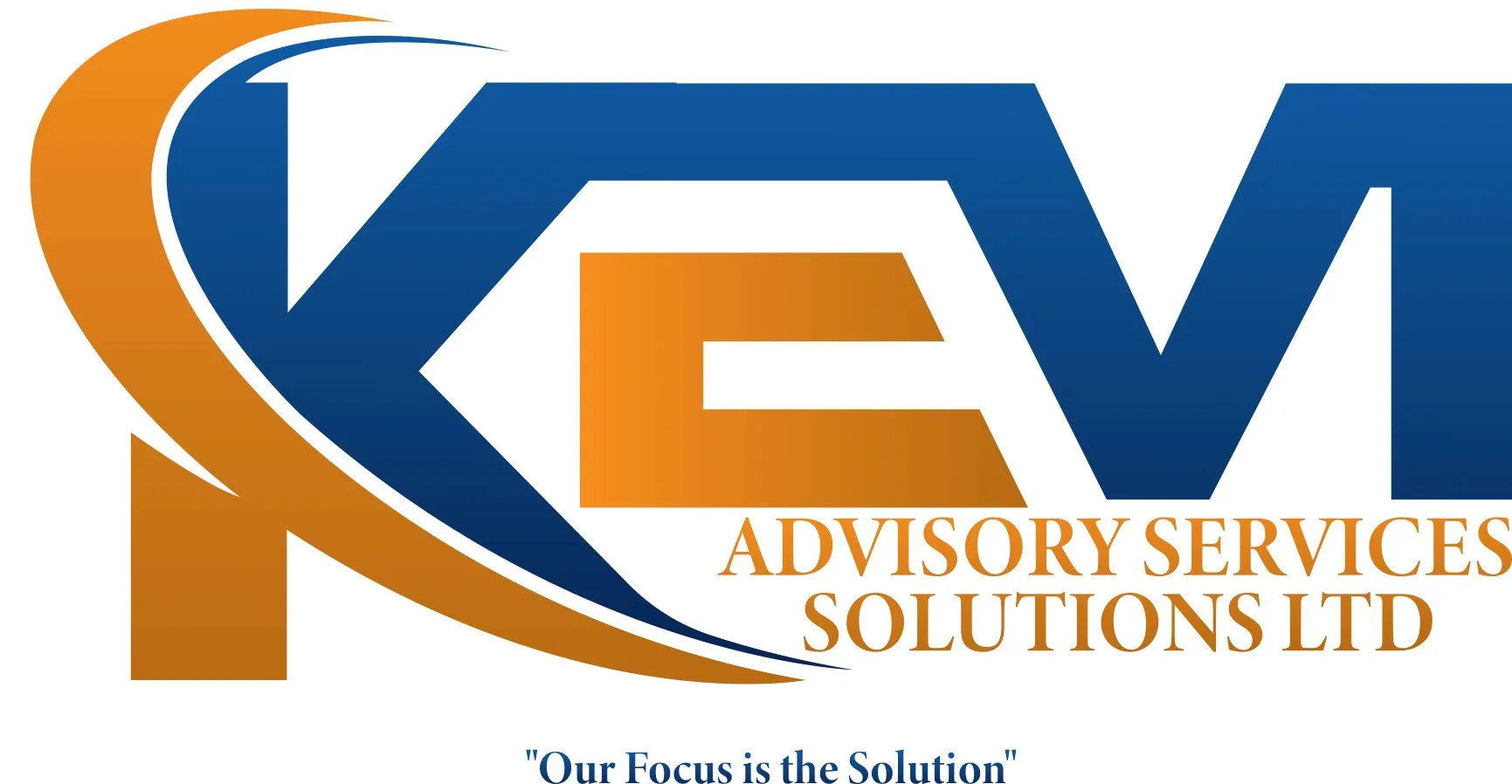Are you an aspiring Entrepreneur in Trinidad and Tobago and thinking about starting your business? Let’s help you on the things you need to know.
The following tips is to help you to get started on how to register your business in Trinidad and Tobago.
- Think about the type and nature of business that you may be interested in.
- Determine the type of legal structure that will best suit the business. There are different types of business structures such as Sole Proprietorship (Sole Trader), Limited Liability Company, Partnership or Corporation.
- Determine a suitable name for your business, at least have three (3) options to facilitate the name search with the Registrar of Companies, Ministry of the Attorney General and Legal Affairs. You will require to do a CROS registration to facilitate the business registration.
- Once the business name is approved, proceed to register your business with the Registrar of Companies, Ministry of the Attorney General and Legal Affairs. Ensure that you complete the appropriate prescribed form to register the business. There are different types of fees for different types of business registration.
- Different types of business registration and where you intend to locate the business may require you to obtain specific permits and or licenses in which to operate. Be sure to research what is required and consult the relevant organisations to obtain same.
- Depending on the nature of the business, you would also be expected to be tax compliant, therefore you will need to register with the Board of Inland Revenue to obtain a Board of Inland Revenue (BIR) or Tax Identification Number (TIN) for the business. These numbers may also include Pay As You Earn (PAYE), Business Levy, Green Fund, Value Added Tax (VAT), Corporate Tax and Health Surcharge.
- Be sure to also register with the National Insurance Board (NIB) to obtain your Employer’s Registration Number so that you can made the adequate contributions for your employees. Employer’s contribution is two thirds, and the employee contribution is one third.
- Monthly and Quarterly Payments. There are some taxes/deductions that are required to be paid monthly and quarterly. National Insurance Scheme (NIS) payments are due monthly and business levy, green fund etc are paid quarterly. Ensure that these payments are done timely to avoid interest and penalties for late payments.
- Annual Returns/Filing. Ensure that annual returns and filing is done with the Board of Inland Revenue to ensure that you remain in good financial standing. Late payments may incur penalties and interest.
- Familiarise yourself as an Employer with the respective Labour Laws and ensure that you adhere to the compensation stipulated for minimum wage.
- Consider opening a Business Bank Account. This will help you to separate personal funds from business funds. Most banks depending on the nature and structure of the business will require a letter of intent, three (3) year cash flow projections, board resolution in the case of a Company, Business Registration Certificates, Incorporation documents etc to open the account. Be sure to obtain the relevant requirements from the bank that you wish to conduct business.
To learn more about our business registration and advisory services, book a consultation today.





